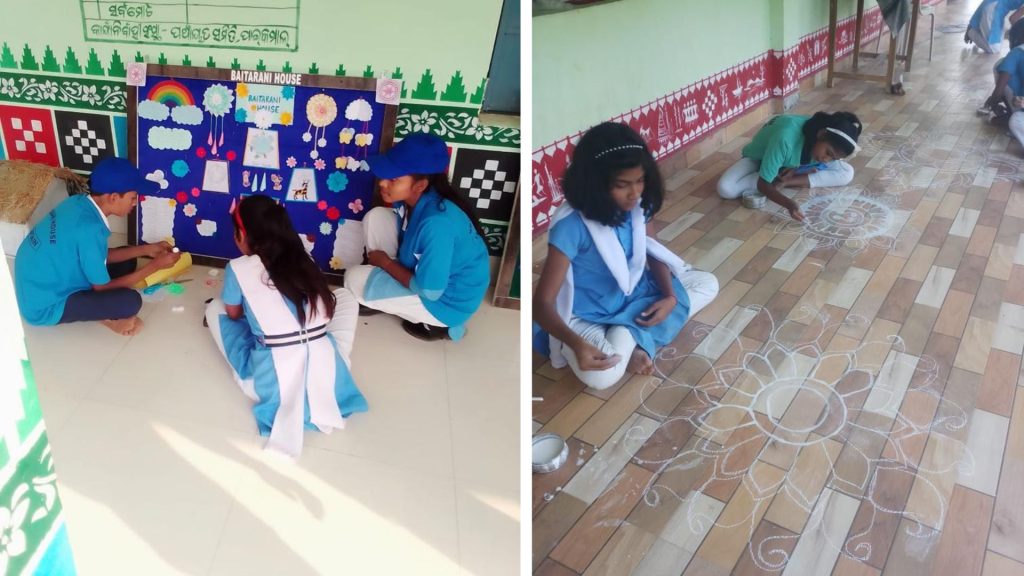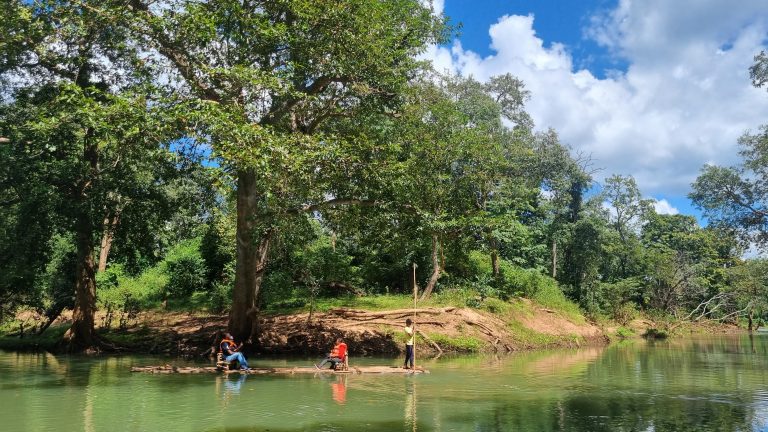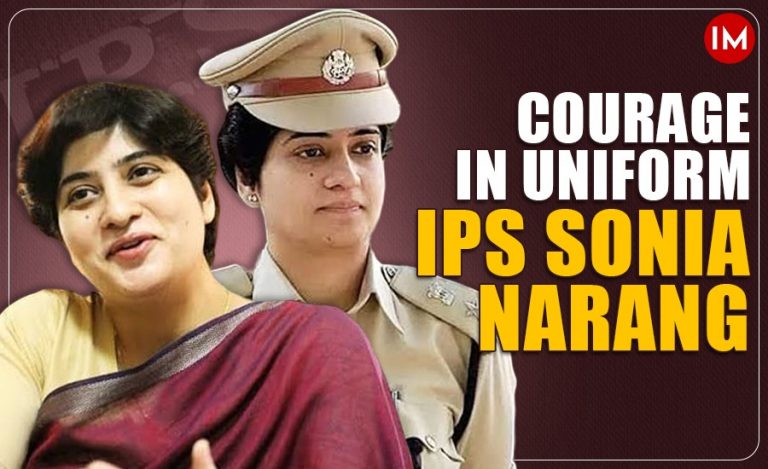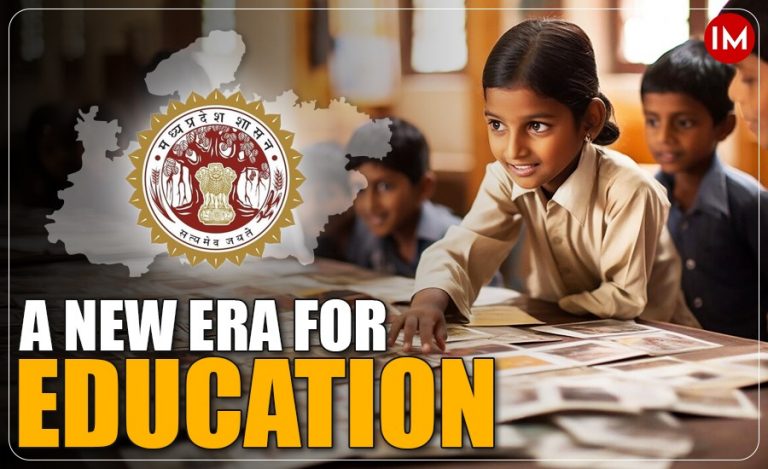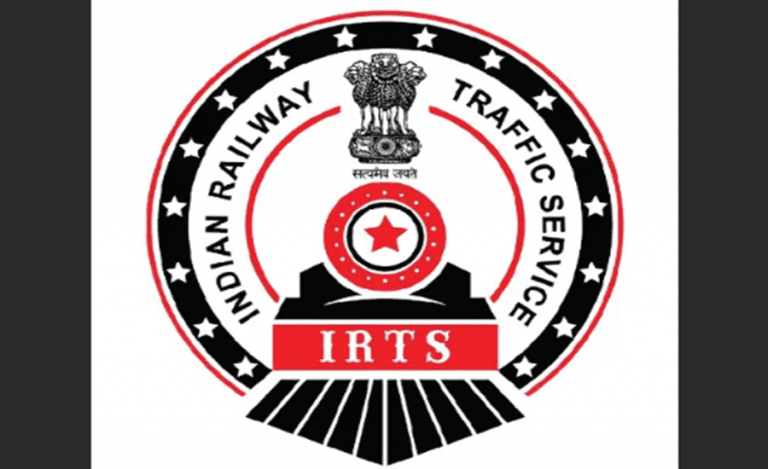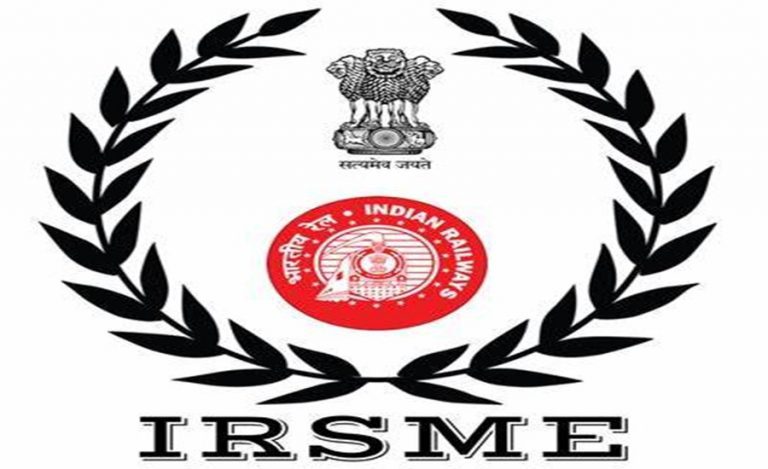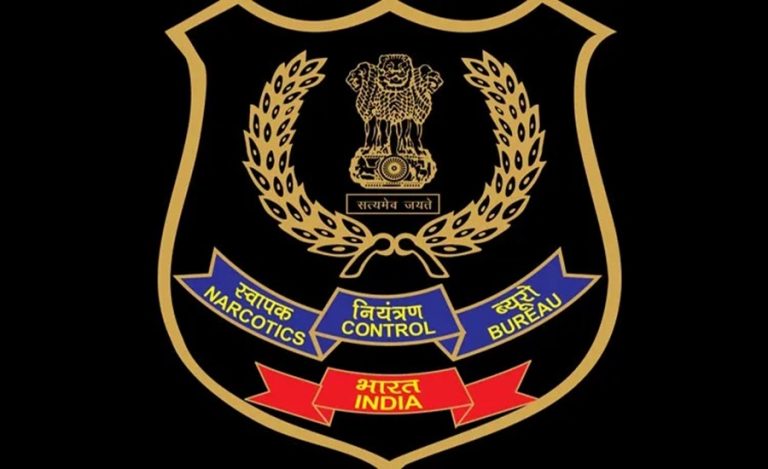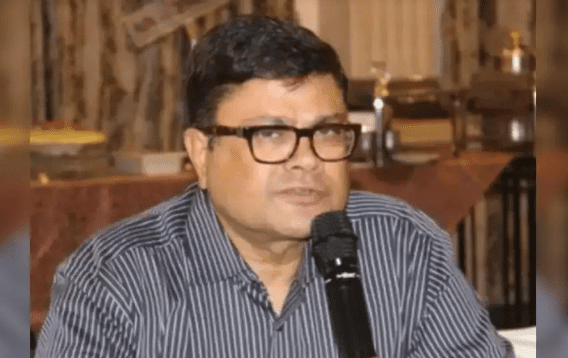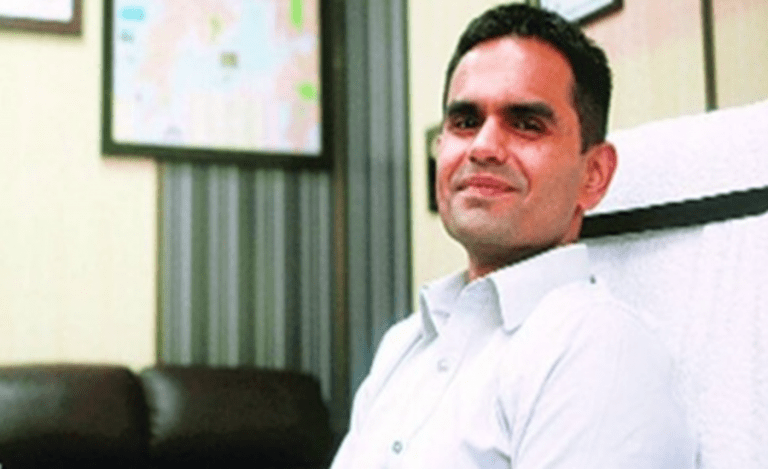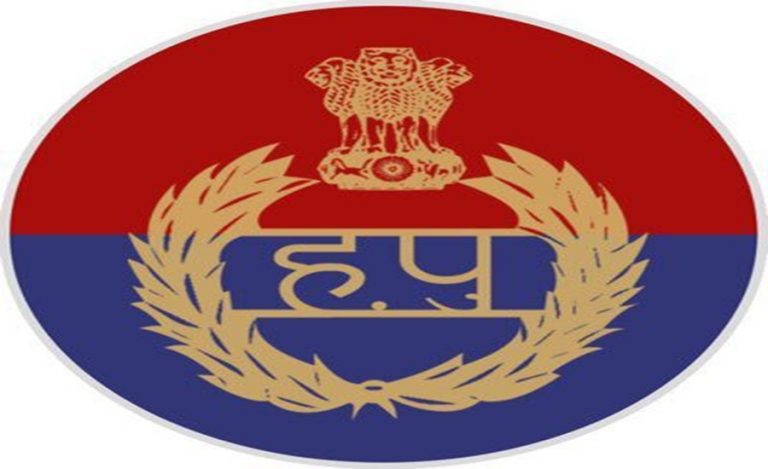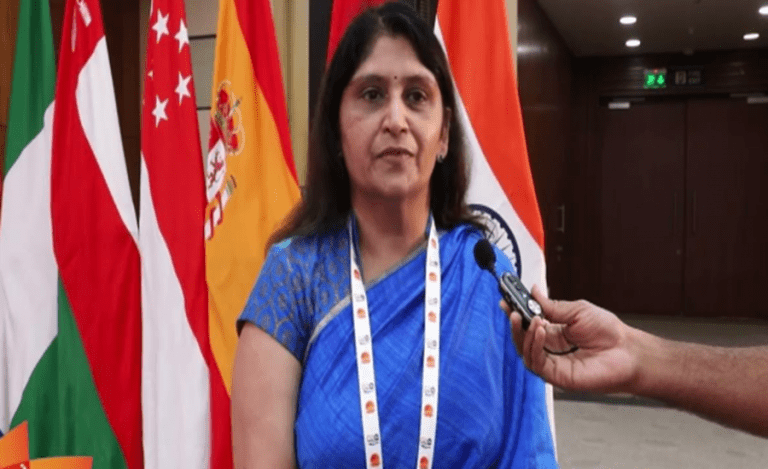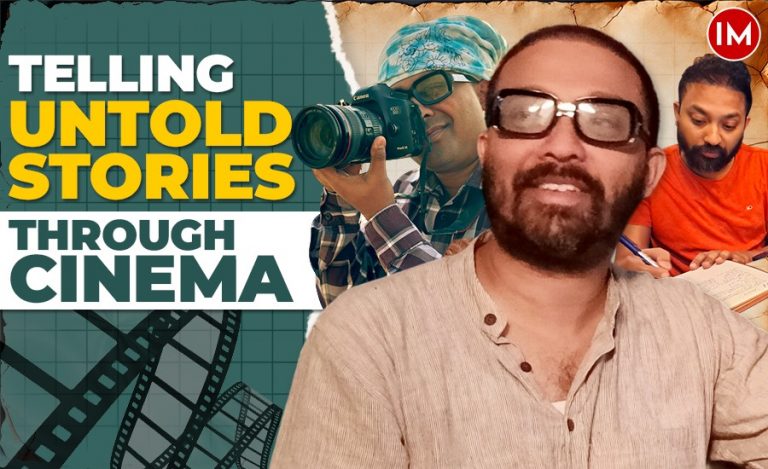A new initiative called Vijeta, launched in the schools of Bargarh district in Odisha as a pilot project, hopes to slowly shift the education system in government schools, from centering around curriculum only to all round personality development. The thrust is on following a holistic approach so that children do not remain confined to their books in school, but also take part in extracurricular group activities that will help to build their confidence and inter-personal skills.
Indian Masterminds spoke to Ms. Monisha Banerjee, the DC of Bargarh, to know more about the Vijeta programme.
WHY VIJETA WAS NECESSARY
Vijeta programme is part of the Odisha government’s 5T initiative to transform government schools physically. While speaking with Indian Masterminds, Ms. Banerjee said, “Under the 5T scheme of Odisha government, our high schools have been transformed with smart classes, revamped libraries and laboratories, etc. Through smart classes children have got an access to internet and other facilities. However, we noticed that the children were less exposed to extracurricular activities. They lacked confidence to work in a group or take on leadership roles.”
It was also noticed that the school programme was totally syllabus based. Due to this, the number of dropouts had increased and low attendance was seen in many schools, a clear pointer that the students were losing interest in coming to school. “So, we thought, as we are providing them with good infrastructure, we should also give them a holistic experience of how a school experience should be,” Ms. Banerjee said.
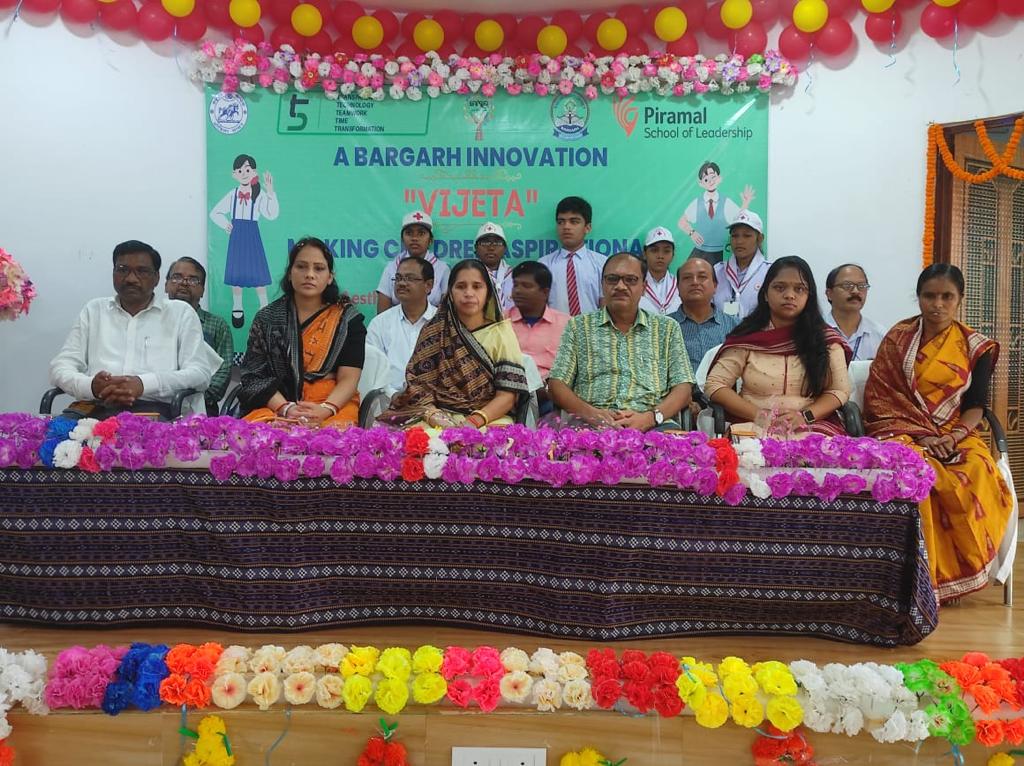
This is why ‘Vijeta’ was launched, and after discussions with stakeholders, including teachers, headmasters, and the state education department, the entire scheme was drawn up in 90 schools from out of the total 199 transformed 5T HST Schools of Bargarh, as a pilot project. This was done in partnership with the Piramal Foundation.
WHAT IS IT ABOUT
The main objective of Vijeta is to develop 21st century skills among the students, create interest in study, reduce the dropout rate, create ownership by involving the community in educational activities, and lastly, create a platform for local indigenous art and culture.
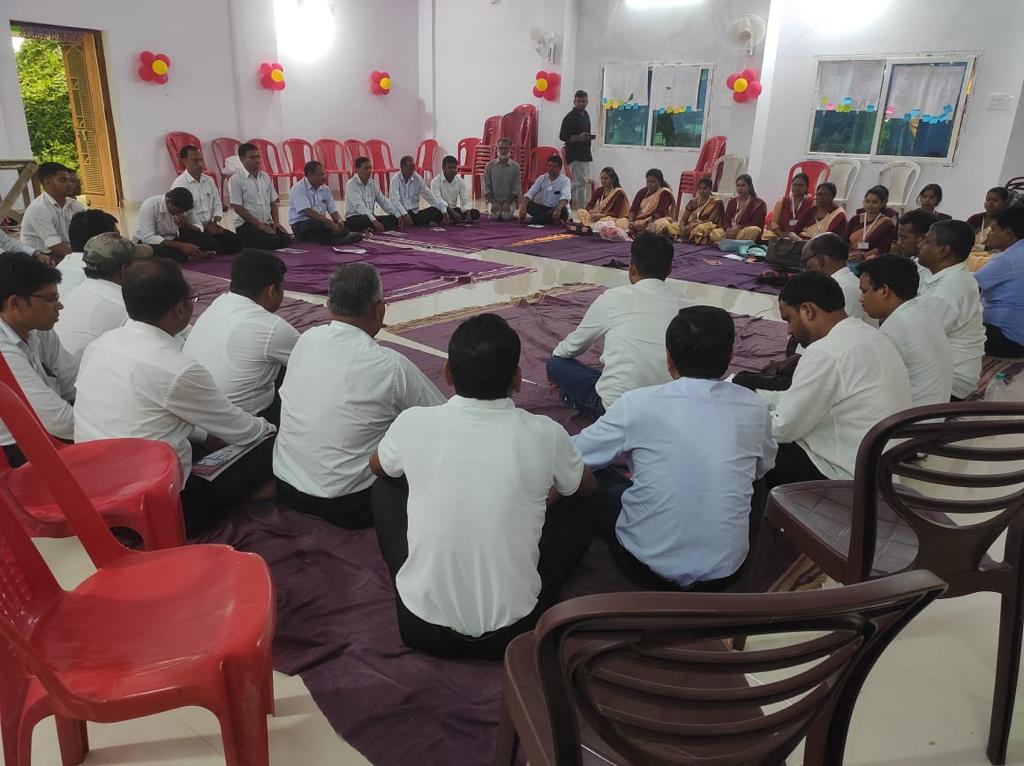
A zero period has also been introduced, taking out five to ten minutes from every class and keeping a two-hour extra period on every Friday. The zero period falls on the second half of every Friday. The activities for the zero period have to be chosen out of a list of prescribed activities. Hence, the last Friday of every month shall be devoted for competitions in various activities already practised during that month.
Initially, the basket of activities is prescribed for three months and the students who are not participating in the activity during the zero period will be part of the SUPW/ civic activities. However, as of now, only the 10th standard students have been given this option.

Students of Class 8 and 9 have been divided into four houses – blue, red, green and yellow, which denotes the local rivers of Odisha. Blue denotes the Baitarani river, Red denotes the Mahanadi, Yellow denotes the Indrabati, and green denotes the Rushikulya.
Ms. Banerjee added, “For each house, there is an in-house mentor, who is a teacher of that school. Apart from this, each house will have one captain and one vice-captain, who will be selected from among the students.”
HOUSE ACTIVITIES
House activities are to be performed either individually or in group. Activities like quiz, debate, extempore speech, elocution, painting, drawing, singing, dancing, one act play, art and craft, science modeling, visual extempore, etc., are some of the many options.
Those students who are not participating in competitions shall be engaged in House board, decoration/civic activities, and gardening/Eco Club/cleanliness, etc. Also, every Saturday, 15 to 20 minutes will be dedicated to moral value activities during the morning assembly. Apart from this, there is a separate period for science laboratory and e-library. There shall be an activity calendar for the activities to be undertaken at the school level as well as at the district level.

Ms. Banerjee said, “Odisha being rich in cultural heritage, we have a large number of local artists who are good in painting, dancing, art and craft, etc. These local artists interact with the children under this programme on a weekly basis, imbibing in them pride in their cultural heritage and, at the same time, making them feel confident about following a passion like that.”
POSITIVE RESPONSES
The response of students as well as their parents and mentors has been encouraging. The teachers, too, have developed a better bond with the students as a result of this programme. “We have already seen an increase in attendance and a decrease in school dropout. This programme has not only developed skills in the students, but has also helped in building their confidence,” Ms. Banerjee said.
Seeing the positive results, the administration is now planning to take this programme to more schools of the district which have already been transformed under the 5T model. And, in future, Vijeta might be expanded to bring the lower classes within its ambit, as well.

